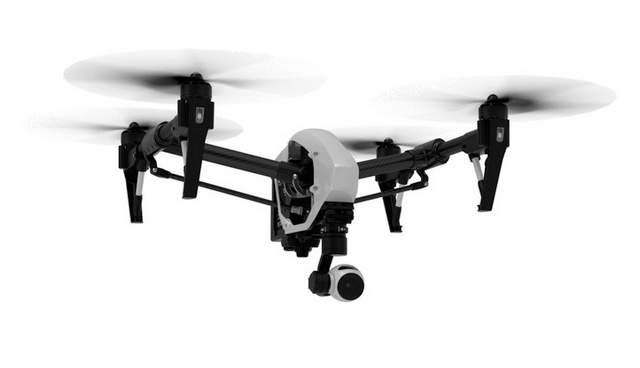advertisement
Rwanda takes the lead in adopting performance-based drone regulation
Rwanda has become the first country to adopt performance-based regulation for all drones, allowing regulators to take into account the…

Rwanda has become the first country to adopt performance-based regulation for all drones, allowing regulators to take into account the nature of the mission, in addition to the physical specifications of the drone.
According to the Ministry of Information Technology and Communications-Rwanda, the regulations will set the stage to accelerate innovation in its budding drone ecosystem.
When the Government of Rwanda partnered with Silicon-Valley based company Zipline in 2016, it was a strategic step to pioneer the use of drones to deliver essential supplies to rural hospitals.
advertisement
The benefits of this partnership are already evident today, with over three thousand deliveries, including the timely provision of blood to hemorrhaging mothers during childbirth.
Jean de Dieu Rurangirwa, Rwanda’s Minister of Information Technology and Communication, stated that Rwanda has put technology at the center of its economic transformation. “Building on the success of Zipline’s blood delivery technology, we are working to nurture a drone industry. As we look to the future, we will continue to put in place the infrastructure and policy frameworks that accelerate the adoption of emerging technologies to transform people’s lives,” he added.
Conventional approaches to drone regulation, focused on specific equipment requirements, are struggling to keep up with the pace of technological innovation.
advertisement
A performance-based approach allows both regulators and operators to respond dynamically to technical challenges in socially responsible ways, including ensuring the safety of the public. This opens up the airspace to more operators and applications, thereby spurring business development and social impact.
Minister Rurangirwa also said: “The enhancement of our drone regulation framework, developed in consultation with the World Economic Forum’s Center for the Fourth Industrial Revolution, is a major step in creating an enabling environment for the development and deployment of drone technology. We are also establishing capacity-building programs to invest in local talent and leverage public-private partnerships to lay the groundwork for the Fourth Industrial Revolution.”
The Center for the Fourth Industrial Revolution was opened in March 2017 in San Francisco to shape the trajectory of the Fourth Industrial Revolution, by co-designing innovative approaches to governance and policy with Government partners.
advertisement
Murat Sonmez, Head of the Center, said: “At the Center for the Fourth Industrial Revolution, our vision is to help governments like Rwanda work alongside leading businesses, dynamic start-ups, members of civil society and academia to shape the development and use of emerging technologies for the benefit of society.”
“Rwanda is one of the first countries to partner with the Forum in this space. The Government of Rwanda’s leadership in co-designing agile policy frameworks around the use of drones, could be a model for other countries that want to accelerate adoption of this game-changing technology,” he added.
A number of other transformational initiatives are underway in Rwanda, including Africa’s first air-traffic management system for drones, a Center of Excellence for training and certification, and the use of drones to fight poaching in national parks.